- ON THE DECADE
- THE DECADE'S CAMPAIGN
- REPORTING ON PROGRESS
- THE DECADE'S PROGRAMMES
- FOCUS AREAS
-
- Access to sanitation
- Financing water
- Gender and water
- Human right to water
- Integrated Water Resources Management
- Transboundary waters
- Water and cities
- Water and energy
- Water and food security
- Water and sustainable development
- Water and the green economy
- Water cooperation
- Water quality
- Water scarcity
- FOCUS REGIONS
- RESOURCES FOR
- UN e-RESOURCES
Water for Life Voices
Voices of Experts

Anders Berntell
2030 Water Resources Group
"I think the focus of the international discussions on water has changed a lot. 10 years ago there were lots of discussion about the privatization of water, that’s gone. The human right to water is recognized and within the water discussion there’s much more focus on management of water resources, the water-food-energy-climate change nexus, and on the scarcity of water resources."
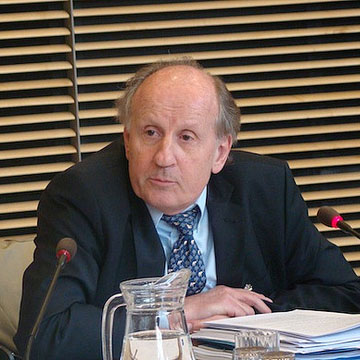
Andre Liebaert
Programme Manager, Water, Energy, Infrastructure. European Commission
"We are now really looking seriously at the contribution of water to the wider picture. In the organization of the European Union we still have an eye on water and sanitation but more and more we’re looking at the links with energy and agriculture in particular because energy and agriculture are key to development policies."
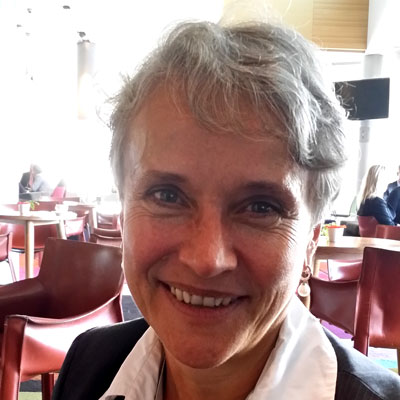
Ania Grobicki
Global Water Partnership (GWP)
"10 years ago there were two big challenges in the water community. One was the level of fragmentation, new players coming in all the time, duplication, overlaps. People weren’t talking to each other. There wasn’t a lot of cooperation. People weren’t pulling in the same direction. Sometimes they were even pulling in opposite directions. That I think has definitely changed in the last 10 years, particularly with this coherent push towards getting a global water goal."

Clarissa Brocklehurst
Senior Advisor, Sanitation and Water for All Secretariat
"One of the differences is that things that were crazy ideas 10 years ago are now being discussed as quite sensible solutions. Now we’re not talking about whether excreta reuse is a good idea or not, we’re talking about all the different ways to do it, including some quite crazy ways - but it’s all good."

David Groenfeldt
Author: Water Ethics: A Values Approach to Solving the Water Crisis
"The water sector has become a lot more professional over the last 10 years. A small concrete example is Water Quality, which is now in most places monitored in a transparent manner with performance indicators, which allow tracking and shows improvements."

Eduardo Mestre
Fundación Internacional del Agua
"The first thing I would highlight of the last ten years is that now we have better technical tools and now everything is done faster, although the tools are just not enough and we need to devote more time to analysis."
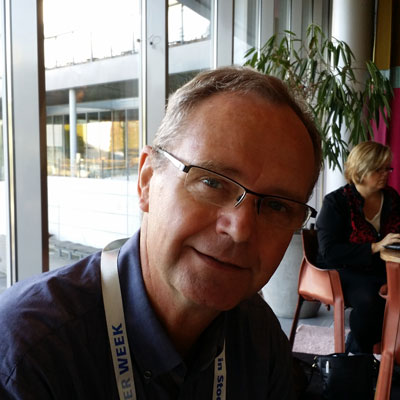
Flemming Winther Olsen
Senior Advisor, Department for Environment, Energy and Climate. Ministry of Foreign Affairs of Denmark
"One of the biggest differences is that we have become increasingly aware that we have to talk with people outside the water sector. And that water is not really managed by water people, rather it is managed by the agriculture sector, by municipality governments."
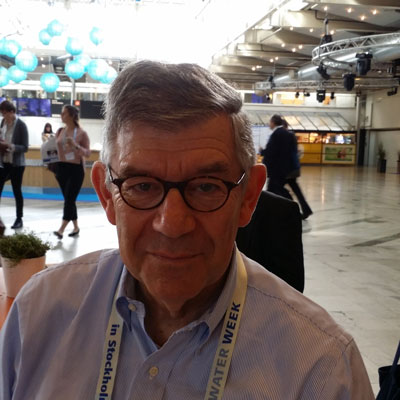
Fritz Holzwarth
Former Water and Marine Director, Government of Germany
"I think the Water Decade made a significant change in the public debate on water. Water was more or less marginalized, locked in technical terminologies and "silo" discussions. Before there was no clear understanding of how water is interlinked and interdependent with other sectors."

Gordon Young
International Association of Hydrological Sciences (IAHS)
"I have a totally different perspective because I’m here representing the International Association of Hydrological Sciences, so I represent the research community in water, which you may think is totally irrelevant to what’s being discussed here but we’ve just started last year a new research decade in hydrology and we’re linking it very much to the needs of society."
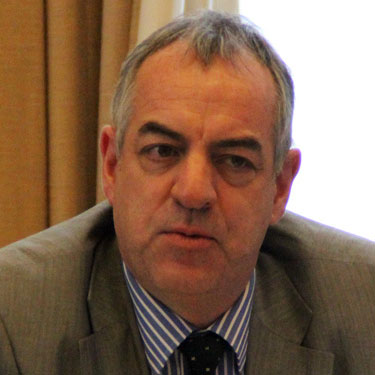
Graham Alabaster
Senior Technical Officer Water, Sanitation and Health. World Health Organization (WHO) Department of Public Health and Environment
"I think the most exciting thing over the last 10 years in water has been the way water has moved up as a priority within the development sector. I am worried that sanitation is still down there; it’s frightening. I do think that [recent figures] provide an opportunity now to look at sanitation and I think one of the reasons sanitation is down there is because it’s been seen as the poor relation [to the water sector] but if we start to talk about it more, and people become aware, it will move up the agenda. And I think that growing awareness is very interesting."
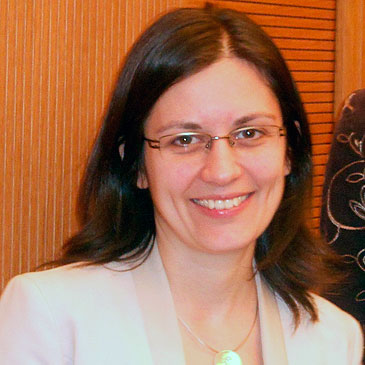
Iulia Trombitcaia
Environmental Affairs Officer, United Nations Economic Commission for Europe (UNECE)
"The majority of the States which are currently Parties to the Water Convention had already joined the Convention prior to the past decade. In the past 10 years the focus has been on implementation. Transboundary water agreements were concluded for many rivers and basins that lacked them. In other cases, second generation agreements were negotiated to broaden existing cooperation. The programme of work under the Water Convention has matured to include many new areas, for example the work on quantifying the benefits of transboundary water cooperation and the assessment of the water-energy-food-ecosystems nexus. The Convention also strengthened implementation of integrated water resources management at the national level through a programme of National Policy Dialogues. "

JA (Tony) Allan
Department of Geography, King’s College London
"There’s been an important recognition that water is important in the food supply chain, and promoting that. 90% of the water that we need as a society as individuals is in this supply chain. The way that we consume water is detached. And we’ve realized farmers can increase productivity with better water management."
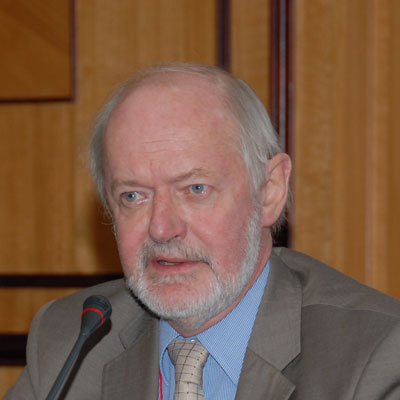
James Winpenny
Wychwood Economic Consulting
"One of the themes [at Stockholm World Water Week] is energy, and the in the last 10 years the debate about hydropower has changed totally. We’re not talking about whether hydro should happen but where it should happen, what kind of hydro and so on, and I think that’s a big step forward."

Maureen Ballesteros
Global Water Partnership (GWP) Latin America and the Caribbean
"Ten years ago (beginning of 2000s), the water subject, despite it being important, wasn’t so relevant. I think there have been various factors that, without a doubt, have had an influence on this: global movements as Rio or Dublin; obviously, global forums have raised awareness on the importance of an adequate management of the resource; and I also feel that the existence of increasing problems, either competence and conflict problems, has increasingly become more severe in this period, so the need find a solution on the efficient water use conflict has grown."
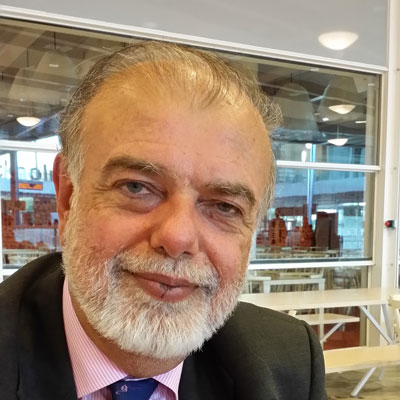
Michael J. Scoullos
Global Water Partnership Mediterranean (GWP-Med)
"There is awareness about water, much more about the importance of water and about the interconnectedness of water issues with all other issues. This has become clear. Still some parts of the water issues – sanitation remains a little bit isolated – but for the rest it’s better. The other change is that the quality and quantity issues are again better understood within the sector."

Ramón Llamas
Botin Foundation
"What has changed is the understanding of the importance and impact of the food trade with regard to water trade. This totally changes the picture in my opinion; although it remains difficult to be considered by experts. Another important aspect that has changed is the development of membrane technology. This has made desalination possible, although it is still limited in scope, it is very important."

Torkil Jonch Clausen
DHI
"We have realized that water is not just for water people to deal with. We cannot do this alone. So I think in the last 10 years, we have been a lot better at actually going out of the box, as we said we would. We engage much more now with other sectors, mostly the food and energy sectors and in that process this nexus has been very helpful. It has helped getting these others actors to the table. This is a very important positive development, I think, within the last 10 years."
NOTE: Click on the names to read full testimonies.
>> Intro
>> Progress
>> Pride
>> Hope
>> Your Voice
>> End
>> Full Exhibition
>> Ecosystems
>> Empowering communities
>> Food security
>> Gender and water
>> Groundwater
>> Hygiene
>> Open defecation
>> Participation
>> Sustainable development
>> Water and culture
>> Water and disasters
>> Water and energy
>> Water and health
>> Water for cities
>> Water efficiency
>> Water quality
>> Water scarcity
>> Voices of experts
>> Voices from business
>> Voices from the civil society
>> Voices from the field: case studies
>> Africa
>> Asia and the Pacific
>> Europe
>> Latin America and the Caribbean
>> Middle East
>> Oceania
>> Decade’s achievements. From MDGs to SDGs
>> Five years of UN-Water "Water for Life"
Awards 2011-2015
>> Water for Life Voices
Copyright | Terms of use | Privacy notice | Site Index | Fraud alert | Help




